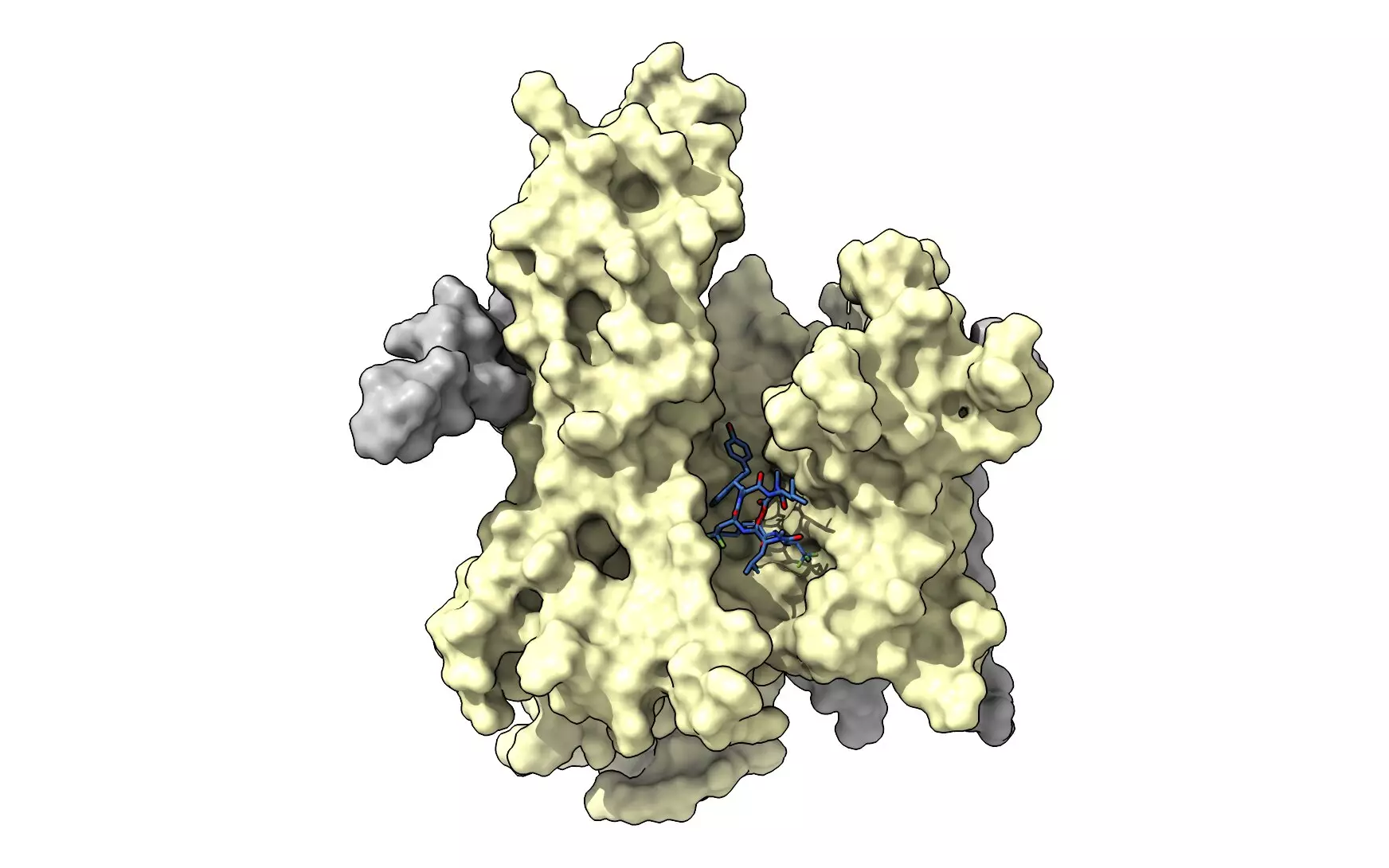Researchers at the University of Helsinki and from the United States have found a new small molecule that can inhibit cells from producing cytokine proteins that promote inflammation. Cytokines are responsible for the onset of diseases such as rheumatoid arthritis. By inhibiting a target protein called Sec61, the researchers were able to alleviate arthritis symptoms in a mouse model. The study is published in the journal Nature Chemical Biology.
The Findings
For the first time, researchers have discovered a small molecule that blocks the secretion of cytokines entirely by inhibiting Sec61, a target protein. The researchers have found a way to describe on the level of atoms how a small molecule binds to its target protein and blocks the cellular secretion of proteins associated with the development of diseases. This discovery enables the rational design of novel molecules in drug development, making the development of drug-like small molecules with increased accuracy to specifically prevent the formation of proteins associated with various diseases possible.
The Study
The researchers used chemical biology to determine how the small molecule that inhibits the function of the Sec61 protein functions in human cells and affects the functioning of the Sec61 protein channel. Using an animal model of rheumatoid arthritis, the researchers were able to demonstrate that the small molecule alleviated arthritis symptoms without adverse side effects. The researchers also utilized Nobel Prize-winning cryo-electron microscopy to investigate how this small molecule binds to its large target protein. At the same time, the dynamics and interactions of this complex were investigated through atomistic computer simulations.
The Future
Many proteins formed in cells are associated with the onset of diseases, and this study has paved the way for the development of entirely new kinds of drugs. The researchers’ work will enable the development of drug-like small molecules with increased accuracy to specifically prevent the formation of proteins associated with various diseases. The study was carried out in collaboration with Kezar Life Sciences, a United States pharmaceutical company. The company is currently investigating the effectiveness of blocking protein secretion in the treatment of certain solid and easily spreading malignant tumors.
The discovery of a small molecule that blocks the cellular secretion of cytokines and other proteins associated with the development of diseases is a significant breakthrough in drug development. This study has provided new insight into the mechanisms by which various proteins that affect diseases are secreted in cells. The development of drug-like small molecules with increased accuracy to specifically prevent the formation of proteins associated with various diseases is a major step forward in the fight against various diseases. Further research is needed, and researchers will continue working on targeted small molecules.



Leave a Reply